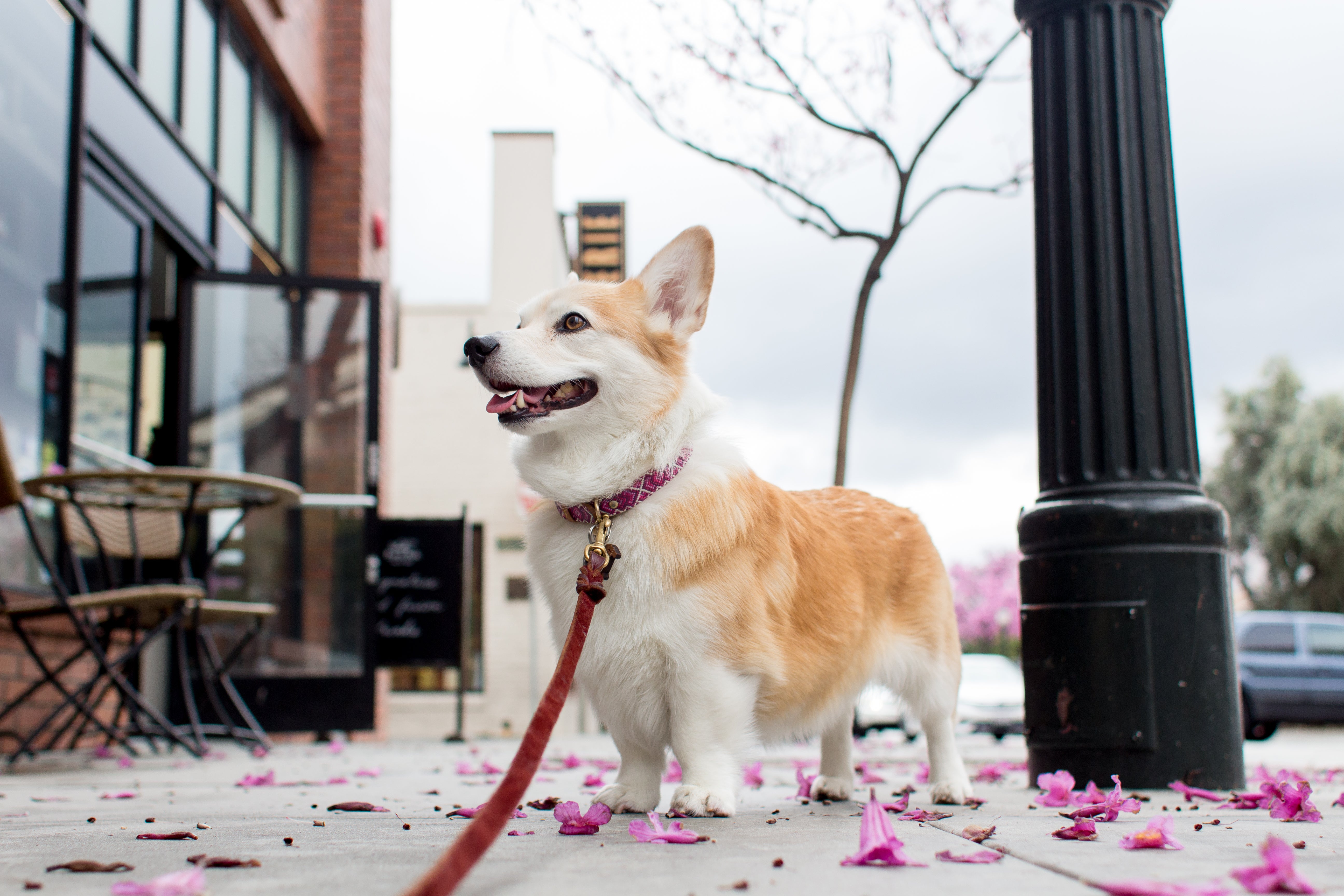Pembroke Welsh Corgi
Longer, lighter, and lower to the ground than other Corgi breeds, the Pembroke Welsh Corgi is one of the most recognizable dogs in the world thanks to a long association with Queen Elizabeth II, one of the breed’s greatest champions. They weren’t always associated with royalty, though: their medium-length and straight coat has a weather-proof undercoat that allows them to withstand harsh conditions and speaks to their history as herding dogs. Don’t let their adorable faces and little legs fool you—they’re surprisingly quick, agile, and built for a hard day's work.
Breed characteristics carousel
Learn More
Need to Know
- Suitable for owners with some experience
- Extra training required
- Enjoys active walks
- Can be left alone occasionally with training
- Small dog
- Minimum drool
- Requires frequent grooming
- Chatty and vocal dog
- Barks and alerts to visitors/anything unusual
- Generally friendly with other dogs
- Gets along with other pets with training
- May need additional supervision to live with children
- Needs a small yard, in either suburban or rural areas
- AKC Registered Breed

Personality
Tiny but mighty, the Pembroke Welsh Corgi is a large dog in a small package, with the bark to prove it. These strong, athletic, lively little dogs are the best of both worlds: a fearless, independent, hardworking athlete who’s well-mannered and does well in family life.
Pembroke Welsh Corgis are bright, intelligent, and sensitive. They equally love curling up on the couch and being active, especially when their owners are involved. These dogs are hopelessly devoted to their family and make excellent watchdogs. They are friendly and generally get along well with everyone.
In 1107, Henry I of Britain invited a community of weavers to live and work in the south of Wales. These craftsmen brought dogs with them that were used to herd cattle and sheep. They would nip at their heels, and their low stature made it easy to dodge the sheep and cow kicks. The biggest champion of these dogs was Queen Elizabeth II. She had at least one close by her side from the 1930s until her death. They became popular in America in the early 20th century.
Owners should understand that Corgis love to have tasks to complete. Their active minds and bodies need to be exercised frequently, preferably through jobs. Active owners who will engage in walks and play with them are a big plus.
The Pembroke Welsh Corgi has plenty of endurance and stamina. Herding activities are perfect ways to expend their energy as they can lean into their natural capabilities. They love long walks, but shouldn’t be taken on runs. Their short legs can’t keep up!
Relatively small dogs, Pembroke Welsh Corgis do not need huge houses akin to Buckingham Palace. A secure yard is key though as they are escape artists who love to dig. Due to their short legs and long bodies, Pembroke Welsh Corgi puppies should avoid using stairs. Adult Corgis should limit stair time to prevent injuries.
The Pembroke Welsh Corgi breed sheds a fair amount due to their thick double coat. Frequent brushing can help keep hairs off your floors, especially during shedding seasons.
The Pembroke Welsh Corgi breed does well with training, especially with the right combination of toys and treats. Corgis are intelligent animals and catch on fairly quickly. As with most breeds, positive reinforcement is recommended, especially as they are sensitive souls.
The Pembroke Welsh Corgi makes an excellent family pet provided they get the daily exercise and enrichment they need. Active families with older children make the best homes for Corgis as small children can bring out their herding and nipping instincts.
The cost of a Pembroke Welsh Corgi from a breeder is significantly more than the cost of adopting one from a local shelter or rescue. The adoption fee usually covers additional items such as spaying or neutering, vaccines, and microchipping.

Learn more about feeding and caring for your Pembroke Welsh Corgi on Purina.
Did You Know?
- Legend has it that the Pembroke Corgi is enchanted and was once used by Welsh fairies to pull coaches and herd cattle.
- In 1933, Queen Elizabeth II received Dookie, her first Corgi. It was a gift from her father, King George VI, and began the British Royal Family’s Corgi tradition.
- Corgis are said to have gotten their name from the Welsh words “cor,” meaning watch/gather, and “gi” meaning dog. “Cor” could also mean dwarf.


